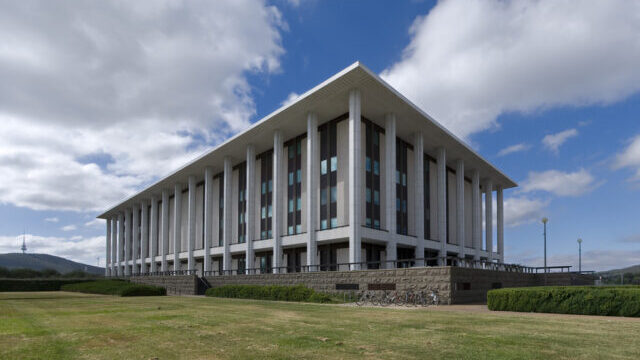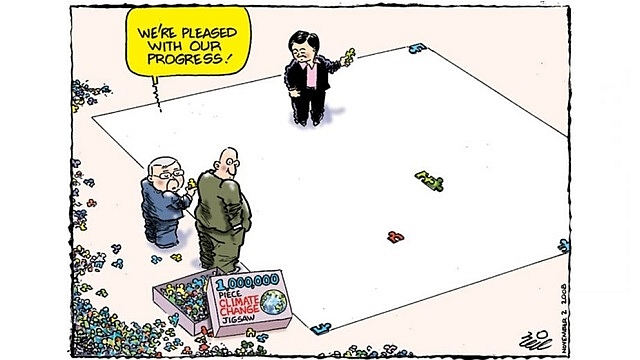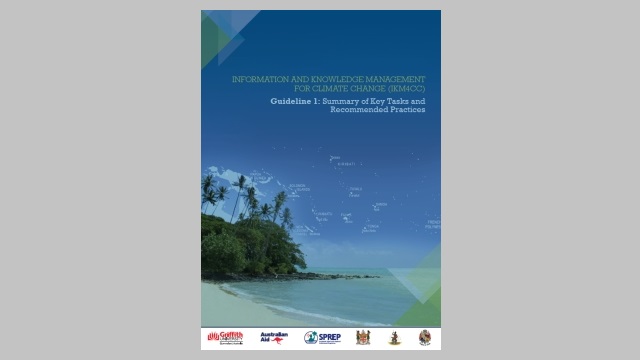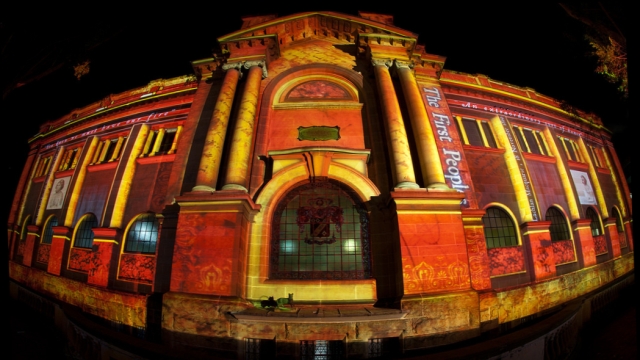
National Library of Australia’s Trove service facing efficiency dividend cuts
An article in the Sydney Morning Herald reports that the Australian Government’s efficiency dividend will result in key programs of the National Library of Australia being cut or cancelled. This includes the library ceasing to aggregate university and museum content in Trove unless this work is fully funded.
Trove is an electronic portal where a wide range of information about Australia can be readily accessed. It brings together content from libraries, museums, archives and other research organisations.
In a February 2015 conference presentation, Dr Marie-Louise Ayres, Assistant Director-General Resource Sharing at the National Library of Australia, compares Trove to three similar aggregators in other countries: Europeana, DigitalNZ, and Digital Public Library of America (DPLA).
Her presentation reveals that Trove is already highly efficient. First, she advises that Trove operates with only a modest level of resourcing:
We at the Trove team do sometimes wring our hands at our modest resource base, feeling a bit like the poor cousins in the world of aggregators.
She then contends that with this modest resourcing, Trove has achieved functionality superior to that of its peers:
All four services provide additional pathways to freely available digital content delivered through contributors’ own websites. But only Trove exposes the entire National Bibliographic Database through the service, only Trove includes a set of licensed eResources, only Trove includes a very large body of records describing people and organisations, and of course only Trove – at this stage – provides direct access to 15 million newspaper pages.
DigitalNZ also operates on a modest resource base, but by contrast Europeana receives generous funding from the European Union and DPLA receives considerable investment from large foundations and federal bodies.
An article in The Conversation discusses what will be lost as a result of the planned cuts to Trove, and reports on the strong social media reaction against the cuts. The significant benefits of Trove are highlighted:
Trove not only aggregates content, it provides sophisticated search capability to help narrow down thousands of results. It’s a focal point for the diverse community who help organise, correct and improve the information it contains.
For people and organisations with some coding skills there are also opportunities to harvest and process content via an API (application programming interface) to reveal new ways of looking at our shared heritage.
The Trove platform supports 21st-century innovation and agile practice. As a result, it has become essential and internationally renowned infrastructure for distributed, collaborative and responsive research into Australian society and culture.
The article concludes with this warning about what it describes as a “Treasure Trove”:
If the National Library puts Trove to the sword as a result of the government’s swashbuckling cuts, this innovative stash of content may end up dispersed and buried again, taking Australia off the map. That would definitely leave us poorer, an information desert island in an increasingly interconnected world.
Image source: National Library of Australia by Ryan Wick is licenced by CC BY 2.0.
Also published on Medium.





